How This Dedicated Team Is Protecting Our Planet
From our power plant sites to across the whole community, Duke Energy's commitment to land, water and habitat preservation runs deep
Published 08-30-24
Submitted by Duke Energy
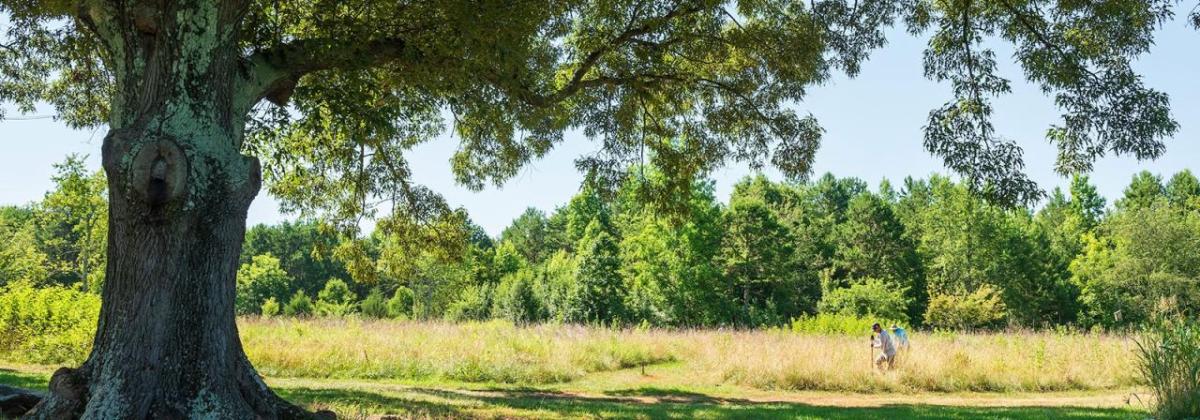
Trudging up an isolated dirt path at Conestee Nature Preserve in Greenville, S.C., a vast meadow comes into view. It’s a uniquely special place, surrounded by hundreds of acres of natural habitats.
Piedmont Natural Gas volunteers gathered here on a sticky summer morning – not to hike, bike or escape into nature – but to plant milkweed, a critical food source for important pollinators like bees and butterflies.
“This is our home, this is where we live, so anything that I can do to help out to make it better, I’m all for it,” said volunteer Brent Laney of Piedmont Natural Gas, a business unit of Duke Energy, and trusted natural gas provider for more than 1.1 million residential and business customers in the Carolinas and Tennessee.
But Duke Energy’s efforts to protect the beauty and diversity of our natural resources is so much more than just sweat equity. That commitment is exemplified through its proactive initiatives headed by the Natural Resources Group. By promoting conservation projects, habitat enhancement, biodiversity and other environmental initiatives, they strive to preserve our planet and create a better future for all. This vision is carried out all while ensuring utility infrastructure can be maintained and improved without harming the environment.
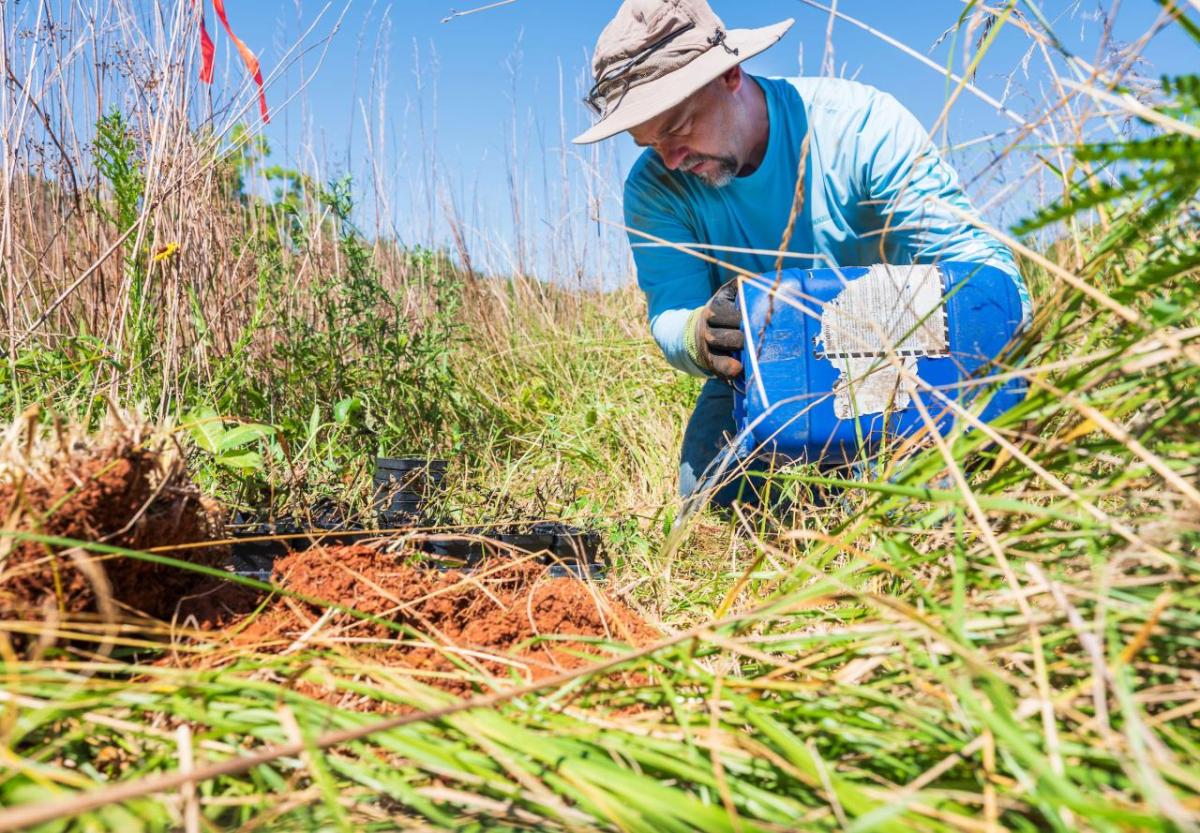
Lead Environmental Scientist James McRacken has spent nearly eight years protecting wildlife and habitat areas where the company operates. And he understands the importance of milkweed, a flowering plant that attracts pollinators such as butterflies, birds and bees that transfer pollen from plant to plant. This transfer of pollen contributes to a thriving ecosystem and the fruit and vegetables we consume.
Many are surprised to learn about McRacken’s job with the electric utility.
When doing field work, sightseers often approach him to ask what he is doing. “I’m a wildlife biologist for Duke Energy,” he’ll say. “And they’re so surprised that we do that. They also seem thankful to learn we’re out there doing these types of studies and caring for the many plants and animals that call this home.”
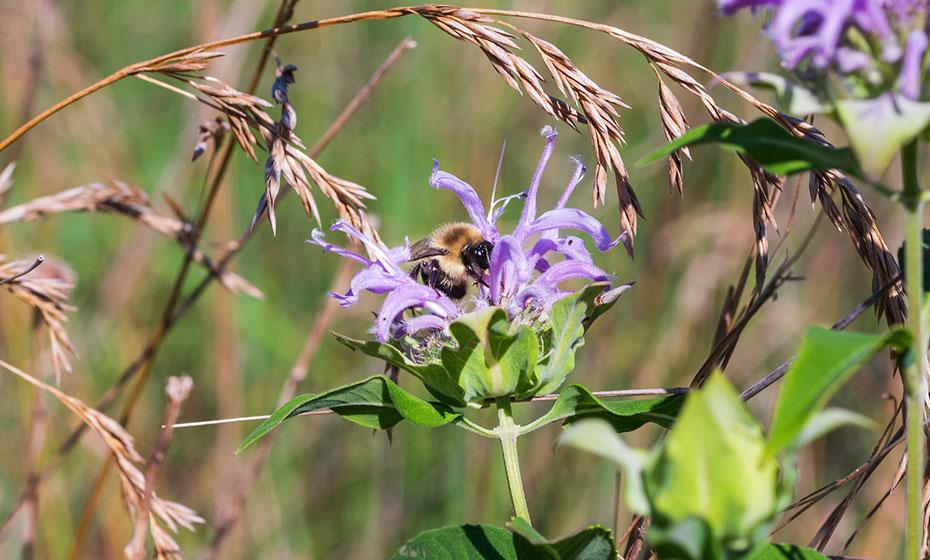
The Natural Resources Group also preserves habitats in transmission and distribution rights of ways, corridors with vital infrastructure that delivers electricity from power plants to homes and businesses. And McRacken oversees the bird hotline, ensuring nests are safely relocated when people notice a bird nesting in a meter box or other Duke Energy infrastructure. They’re not just doing the bare minimum.
“It’s about more than compliancy,” he said. “Duke Energy wants to be a good steward of the environment.”
Hank McCullough, a veteran community relations manager at Piedmont Natural Gas in South Carolina, organized the milkweed planting event at the nature preserve. Knowing these events positively and directly influence surrounding communities, McCullough is in the process of setting up more volunteering opportunities, including a sustainable tree planting event in some of the neighborhoods located in Greenville and Spartanburg counties.
“We want to be able to do things that keep the communities we serve vibrant and a place for all people, a place where families can do interesting things, where they can engage young people to understand the value of nature in the outdoors,” McCullough said.
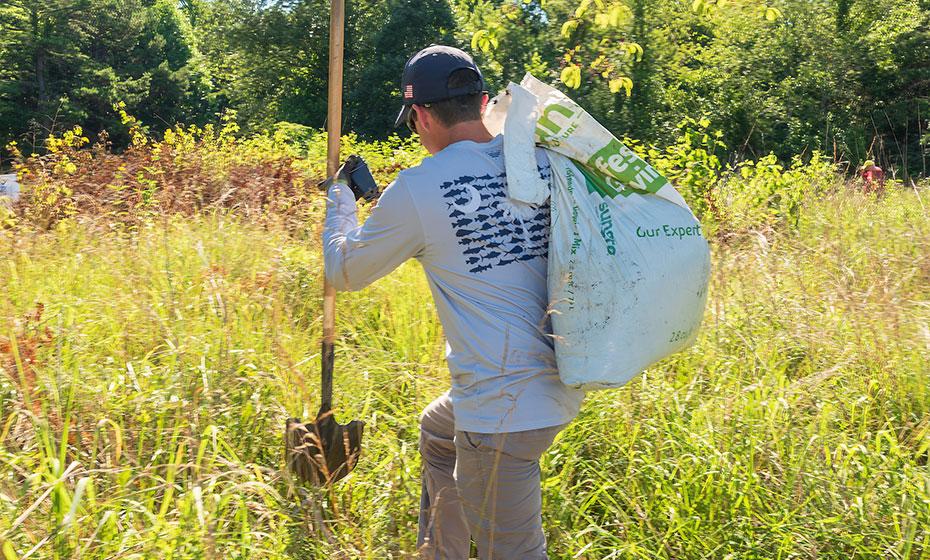
Land, water and habitat protection
Duke Energy and Piedmont Natural Gas employees focus on all aspects of natural resource conservation and the environment, including forest management and aquatic protection among other things, such as:
- The Island Habitat Program, sponsored by the N.C. Wildlife Federation and Duke Energy, encourages homeowners associations, boating groups and more to “adopt” an island. Participating groups agree to clean up litter and debris from their island, while providing data on wildlife species that occupy the land.
- Another initiative, the Catawba-Wateree Habitat Enhancement Program, created a Habitat Enhancement Fund to help sustain the Catawba-Wateree reservoirs and surrounding area’s ecosystem. It’s funded by fees charged to property owners and developers applying for lake use permits.
- Through a voluntary conservation agreement to save the monarch butterfly, Duke Energy helps the energy and transportation sectors evaluate population trends for monarchs nationwide. These insights help experts develop conservation strategies, like adjusting vegetation management practices or planting more milkweed, vital to the monarch’s survival.
- Duke Energy also works with the U.S. Fish and Wildlife Service to address a decline in protected bat species. Learn more about the bat Habitat Conversation Plan.
View original content here.
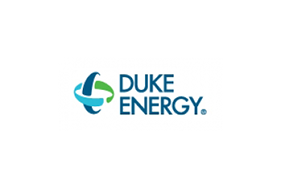
Duke Energy
Duke Energy
Duke Energy (NYSE: DUK), a Fortune 150 company headquartered in Charlotte, N.C., is one of America’s largest energy holding companies. The company’s electric utilities serve 8.4 million customers in North Carolina, South Carolina, Florida, Indiana, Ohio and Kentucky, and collectively own 54,800 megawatts of energy capacity. Its natural gas utilities serve 1.7 million customers in North Carolina, South Carolina, Tennessee, Ohio and Kentucky.
Duke Energy is executing an ambitious energy transition, keeping customer reliability and value at the forefront as it builds a smarter energy future. The company is investing in major electric grid upgrades and cleaner generation, including natural gas, nuclear, renewables and energy storage.
More information is available at duke-energy.com and the Duke Energy News Center. Follow Duke Energy on X, LinkedIn, Instagram and Facebook, and visit illumination for stories about the people and innovations powering our energy transition.
More from Duke Energy

